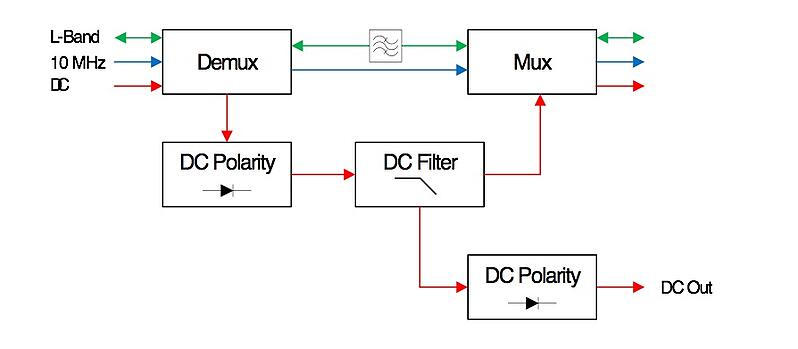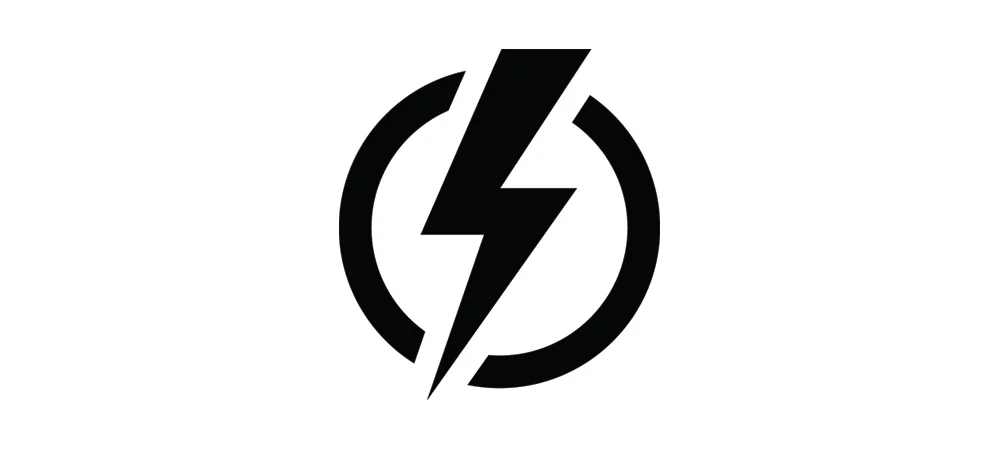In satellite communications, the cost of the terminal can often make or break a business plan. Hardware and installation costs are the primary drivers. If you can minimize both expenses without affecting performance, you can gain an edge over the competition.
DC power is one area where savings can be realized. Equipment at the antenna – like low noise block downconverters (LNBs) and block upconverters (BUCs) – require DC power. For smaller sized terminals where the DC current need is relatively low, power is often provided by the modem and delivered to the equipment via the Interfacility Link (IFL) or L-band cable. All good – but sometimes you have equipment other than an LNB or BUC that requires power. Examples include line amps, low noise amplifiers (LNAs), block downconverters (BDCs), alarm circuits, etc.
Your options are to run a separate power source to the terminal or to tap into the one that is already there. The second option is the least expensive from both a hardware and labor perspective, but some consideration is required.
First, you need a device known as a DC extractor to tap into the DC source of the IFL. While the concept is simple, care must be taken to ensure tapping the DC source does not cause problems for the other signals on the IFL, particularly the L-band signal and possibly a 10 MHz reference signal. A DC extractor that incorporates a low pass filter eliminates interference with the above signals.

Sample DC Extractor
Second, the amount of surplus DC power on the IFL needs to be determined to ensure you have adequate power for your needs. A typical satellite modem will supply approximately 500 mA to the LNB and 2.5 A to the BUC. Determine which line has the greater excess power and use that to extract the power you require.
You will also have some power loss in the cable itself, but this is usually negligible. LMR400, for example, has a DC resistance of 1.36 ohms per 1 km.
Lastly, you want to ensure that any issues with the device using the extracted power will not affect the modem source. An external fuse is always recommended for this purpose
